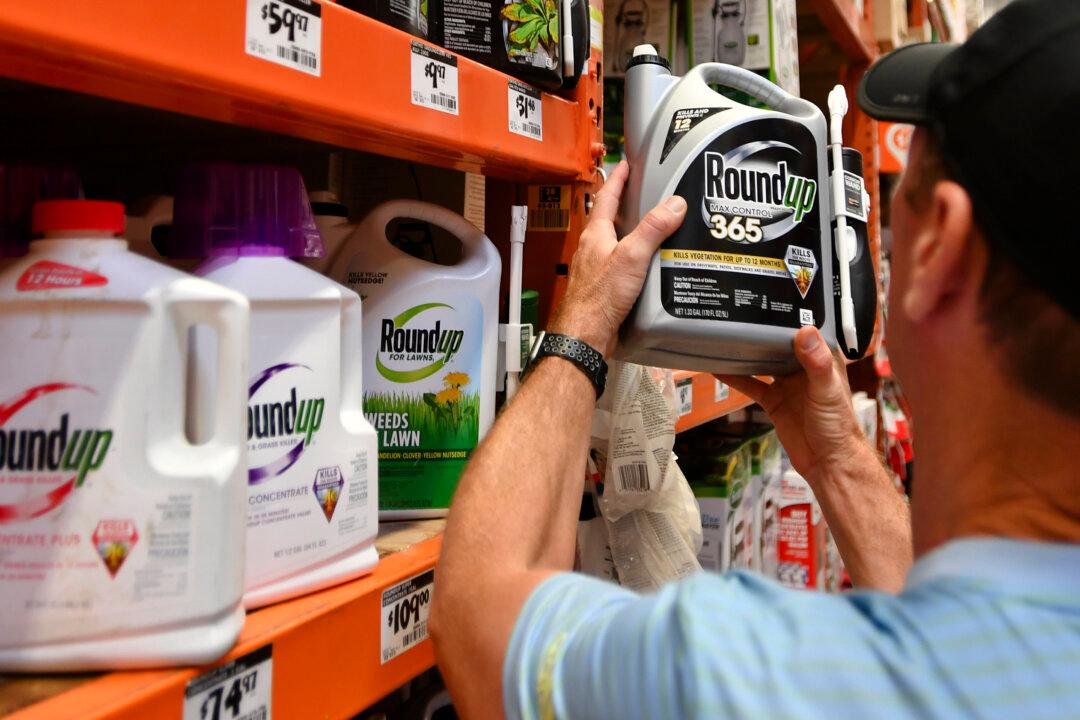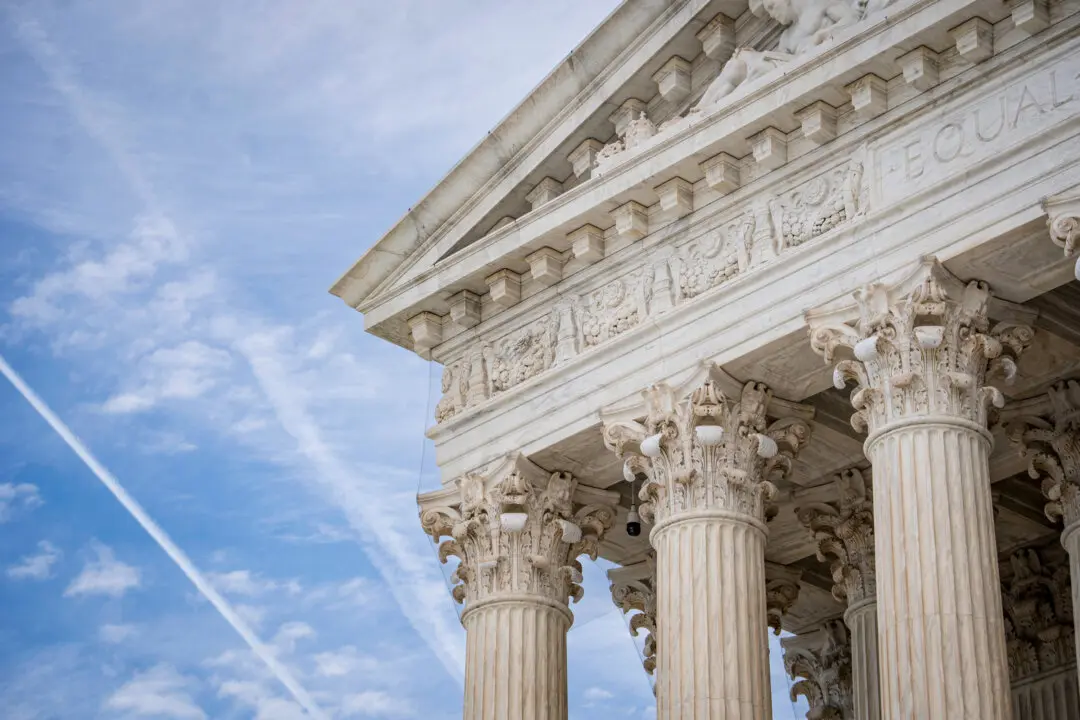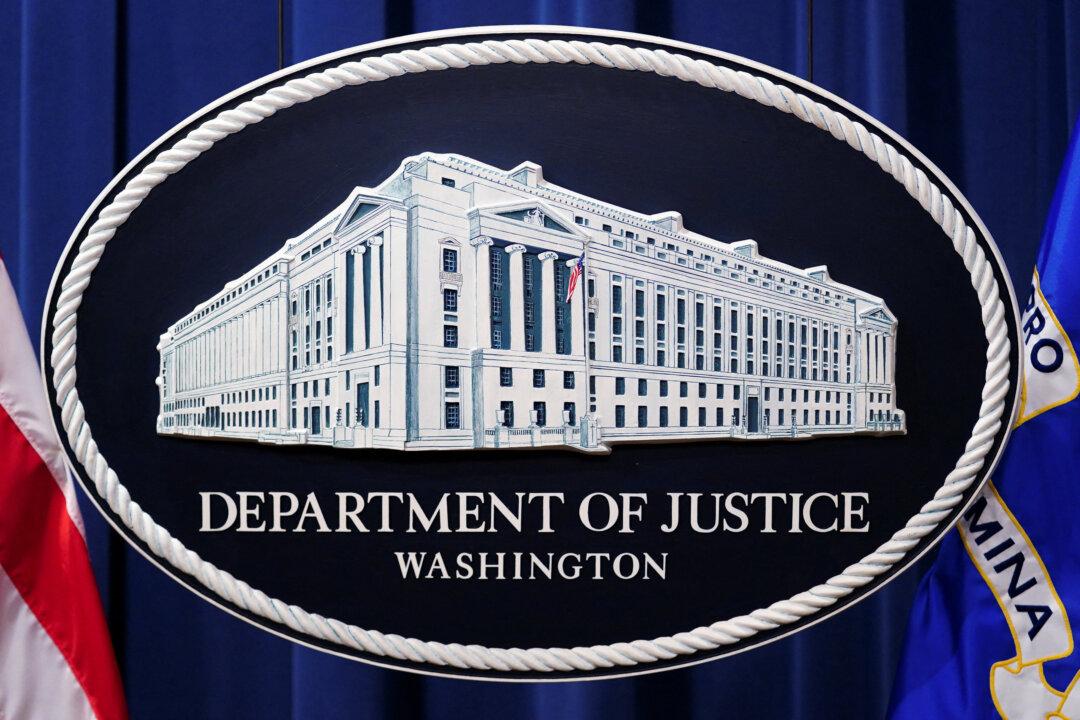WASHINGTON—Attorneys general in Iowa and Nebraska are petitioning the Biden administration to block a California rule that requires warning labels on a commonly used weed killer that say it may cause cancer.
“I will not stand by as California ignores science, breaks the law, and dictates how Iowa farmers farm,” Iowa attorney general Brenna Bird said in a statement. “Glyphosate helps our farmers control weeds and produce higher-yielding crops to feed our families.”





